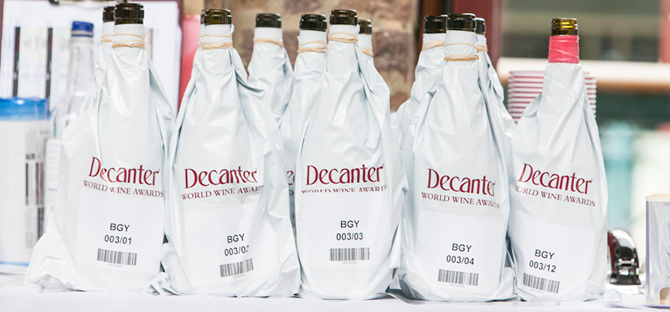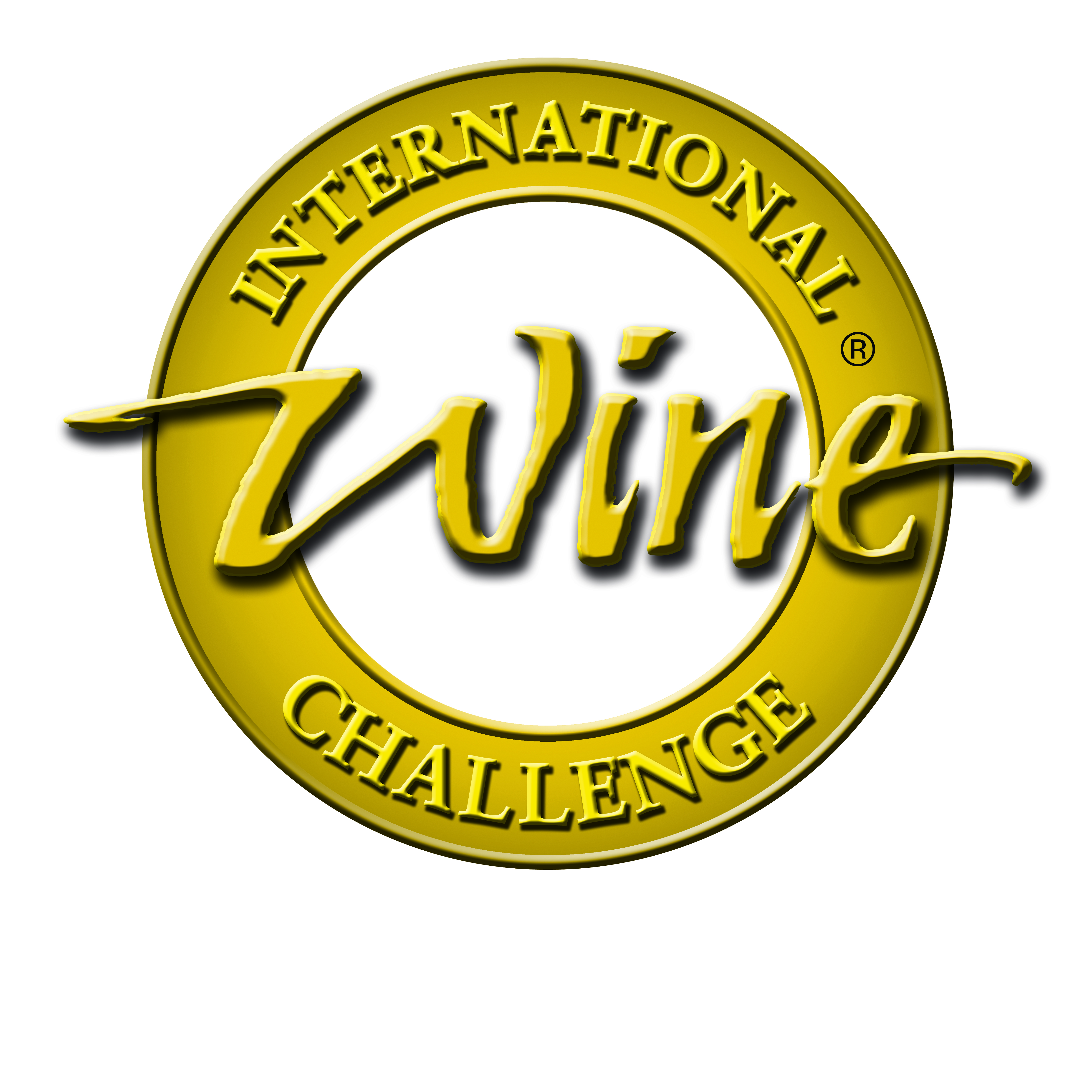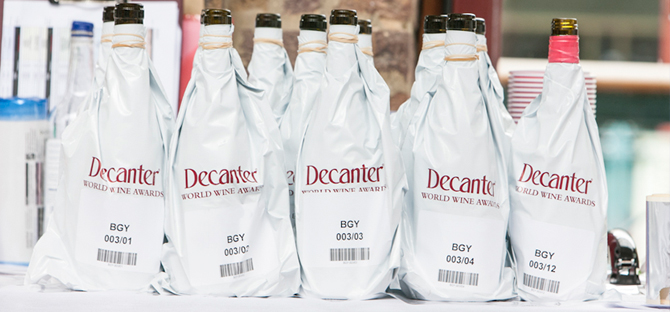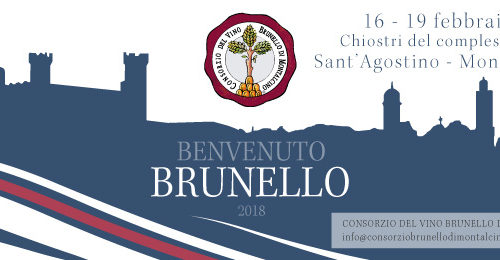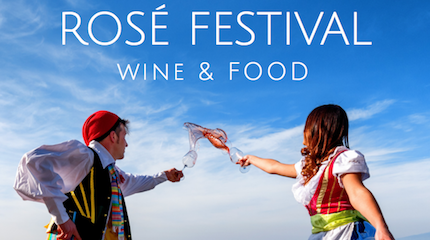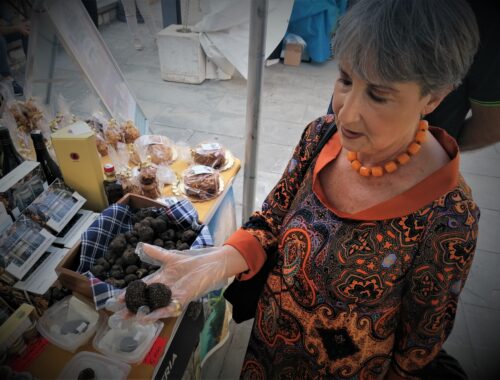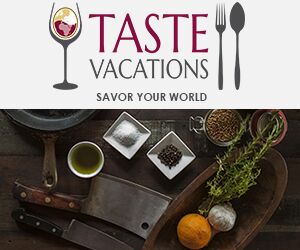This time of the year many wine competitions take place all around the world rewarding national and international wines. Producers select the competition they prefer, some others do not participate at all. The costs are to be taken into consideration: generally the wineries pay a certain fee for each wine they submit and then send the samples required to allow the replacement in case of defects and to have enough bottles for each step of the competion.
(the 2 leading contests in London mentioned below, more or less foreseen a fee of around 100-120 £ and require something like 4/5 samples);
Chris Ashton, director of IWC (International Wine Challenge) in London, states those costs are nothing compared to a classic marketing campaign if you thing to the rumor you can obtain gaining a medal or an award in general. This is the message which has captured in Asia where competitions, especially the two major international events held in London (IWC and Decanter World Wine Awards), have a remarkable success. Decanter has even realized an Asian version of the Awards.
Last year I had the opportunity to join the famous contest of Decanter (read the report here and here), this year I have been member of the jury of the historic contest IWC, about what I will report soon to better analyze the results and also the mechanism.
Today I wish to address a controversial aspect that distinguishes many competitions such as the two just mentioned.
The competitions foreseen “blind” tasting: the bottles are badged but the judges are provided with a sheet including crucial info such as vintage, production area, grapes. The issue regards information about the price range.
Decanter, for example, includes the price range in the technical sheets, rewarding wines also basing on that; on the contrary, IWC excludes this kind of information. 2 interpretations can be discussed:
- (HP 1: PRICE HAVE TO BE HIDDEN) The price range could easily affect judgment and the Neuromarketing science, shows just that: how easy is to be influenced by several elements such as labels, images and price too when we taste a product as different parts of the brain react! Now, if a “cheap” wine win over a very expensive one, there is somenthing to meditate on anyway!
- (HP 2: PRICES HAVE TO BE SHOWN) In general,each wine has its own positioning and could be evaluated basing on its value for money too, but if we leave the same “cheap” wine in the same flight of a wine of higher level than the previous one (made thanks to a huge selection and so obviously more expensive) the first would always been, unfairly, penalized. In this case make differences based on price range could help….
… Points of view …
WHAT DO YOU THINK ABOUT IT?



